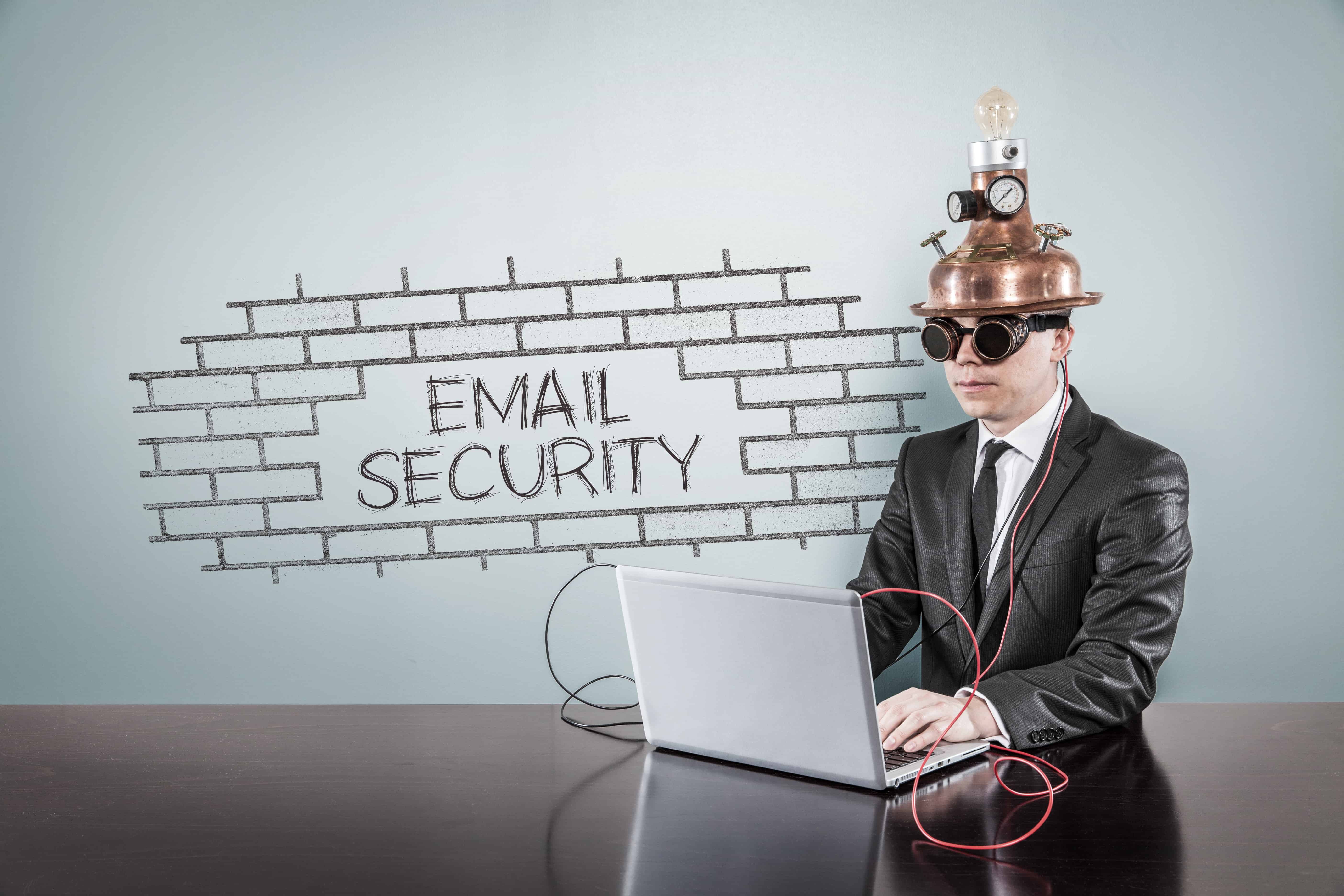Most Federal Contractors Aren’t Using DMARC to Secure Their Emails

U.S. federal government agencies are required to use the email security protocol DMARC to prevent email spoofing, but the overwhelming majority of federal contractors either don’t have it installed or don’t have it set up properly. NextGov reports:
Among the top 98 government contractors by dollar value, only 45 have properly installed the tool known as DMARC and only five have set it up to quarantine or reject spoofed or phishing emails that might contain malware, according to an analysis by the company ValiMail.
That means 93 of those companies are more vulnerable to phishing and spoofed emails, which might endanger those contractors’ federal clients—even if those agencies have installed DMARC themselves.
What Is DMARC?
Domain-Based Message Authentication, Reporting, and Conformance is an email authentication and reporting protocol that protects against email spoofing, phishing, and spamming by verifying the authenticity of a sender’s identity. It was first proposed in 2012, and it is receiving a lot of attention right now because the U.S. DHS mandated that all second-level federal agency domains have valid DMARC records by January 15, 2018.
DMARC can be thought of as the top layer of a trio of protocols and technologies to strengthen email security. It builds on the Sender Policy Framework (SPF) and DomainKeys Identified Mail (DKIM) protocols. SPF hardens DNS servers and ensures that only authorized users are permitted to send emails from a domain. DKIM prevents the contents of emails from being compromised.
DMARC ties SPF and DKIM together with a consistent set of policies. A DMARC policy allows a sender domain to specify if its emails use SPF, DKIM, or both. If the authentication fails, the incoming email is either rejected or directed to a spam folder, depending on how the policy is configured. The intended recipient then has an option to report the incident to the sending domain so that their security team can investigate the incident.
Right now, U.S. federal agencies are required only to have DMARC installed at a monitoring level, but by October 16, 2018, they must set their policies to “reject.”
The Shortfalls of DMARC
For DMARC to work, both the sender and recipient domains must have it configured properly. While DMARC adoption is growing exponentially, it is not yet universal, even among very large companies. NextGov reports that some of the federal contractors who have failed to properly set up DMARC are major multinational corporations.
Configuring DMARC, SPF, and DKIM is tedious and can be very tricky, especially for companies that have a lot of domains and subdomains or that use cloud services – which is pretty much everyone these days. Once the protocols are set up, they must be maintained and managed, and procedures must be implemented to deal with warnings and incident reports. Many companies do not have the in-house expertise or resources to handle this work.
Finally, while DMARC is an important email security protocol, it is not a panacea or a standalone solution. DMARC protects only against direct domain spoofing; it stops cyber criminals from using yourname.com to send spam and phishing emails. However, it doesn’t prevent criminals from using another, very similar domain that could trick users, such as yourename.com, or from using a fake name in the “from” field. The latter is of particular concern for mobile users, as mobile devices often display only an email sender’s name, not their email address.
DMARC is not the do-all, end-all of email security, and email security is only one component of enterprise cybersecurity. It’s important to partner with a reputable, experienced cybersecurity firm such as Lazarus Alliance to assess all your risks and vulnerabilities and secure all your systems, not just your email servers.
The cybersecurity experts at Lazarus Alliance have deep knowledge of the cybersecurity field, are continually monitoring the latest information security threats, and are committed to protecting organizations of all sizes from security breaches. Our full-service risk assessment services and Continuum GRC RegTech software will help protect your organization from data breaches, ransomware attacks, and other cyber threats.
Lazarus Alliance is proactive cybersecurity®. Call 1-888-896-7580 to discuss your organization’s cybersecurity needs and find out how we can help your organization adhere to cybersecurity regulations, maintain compliance, and secure your systems.




Related Posts